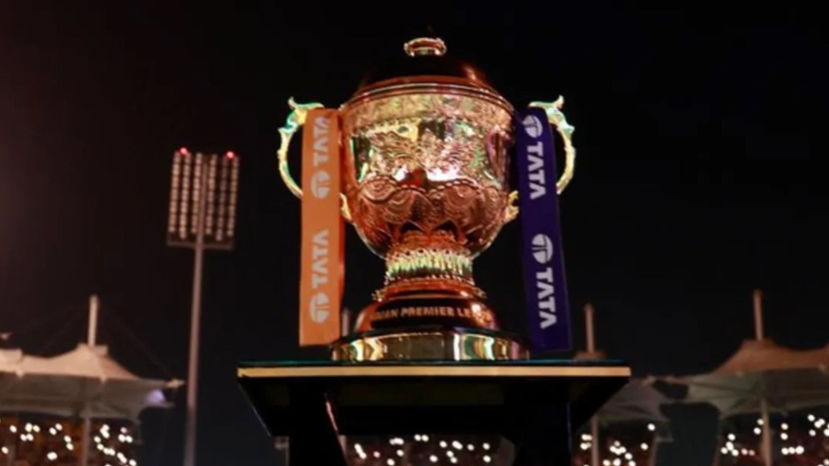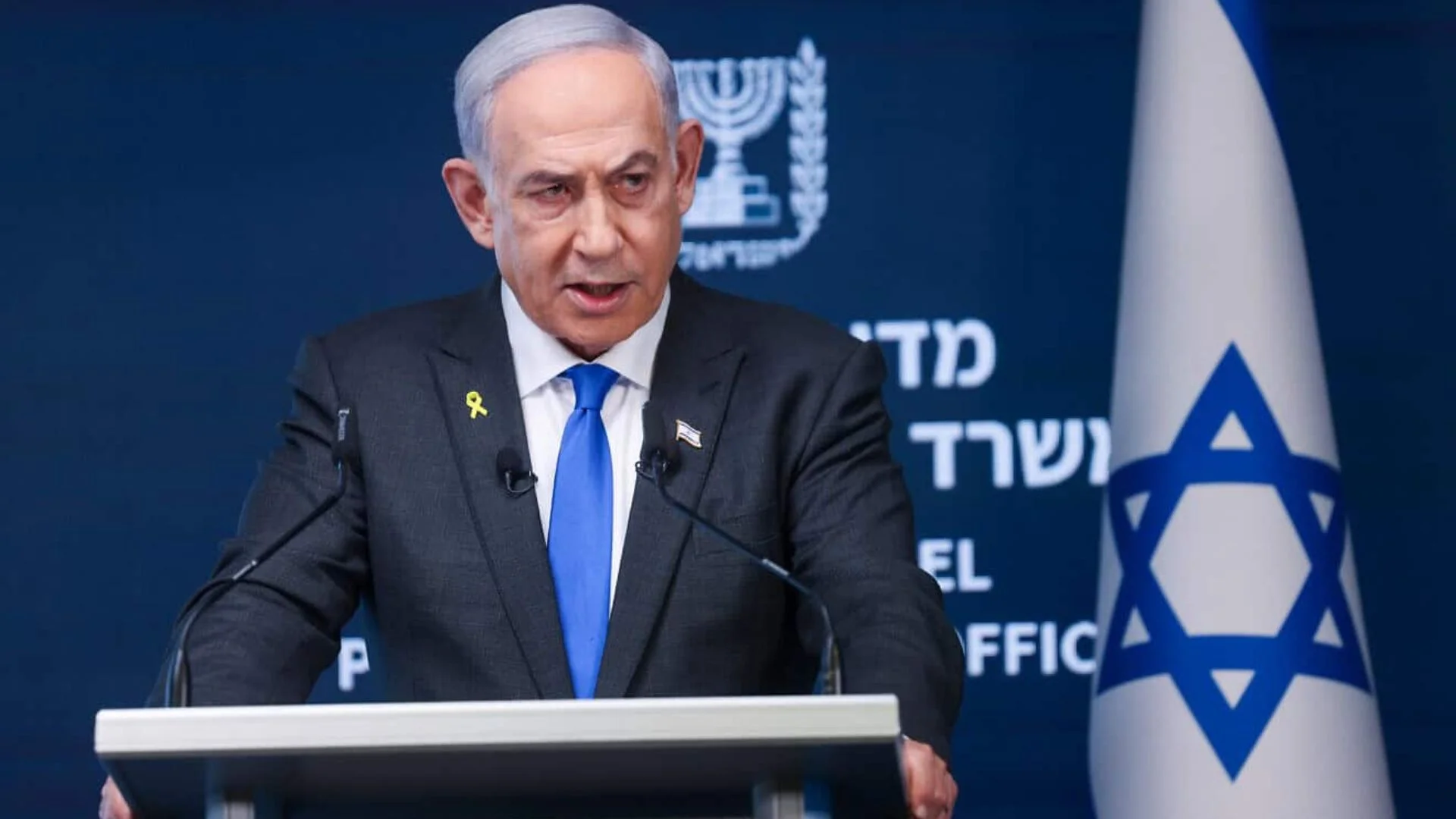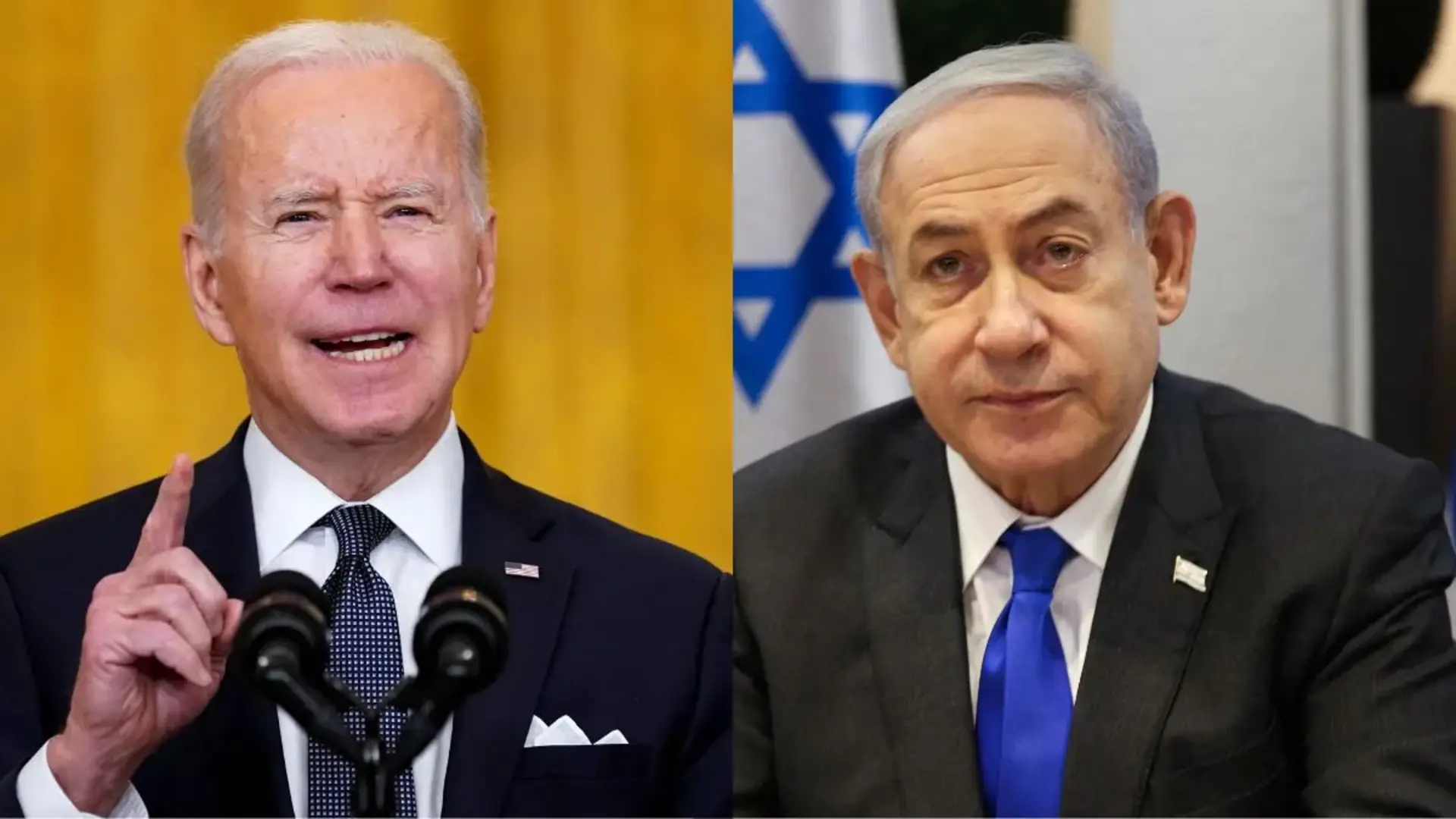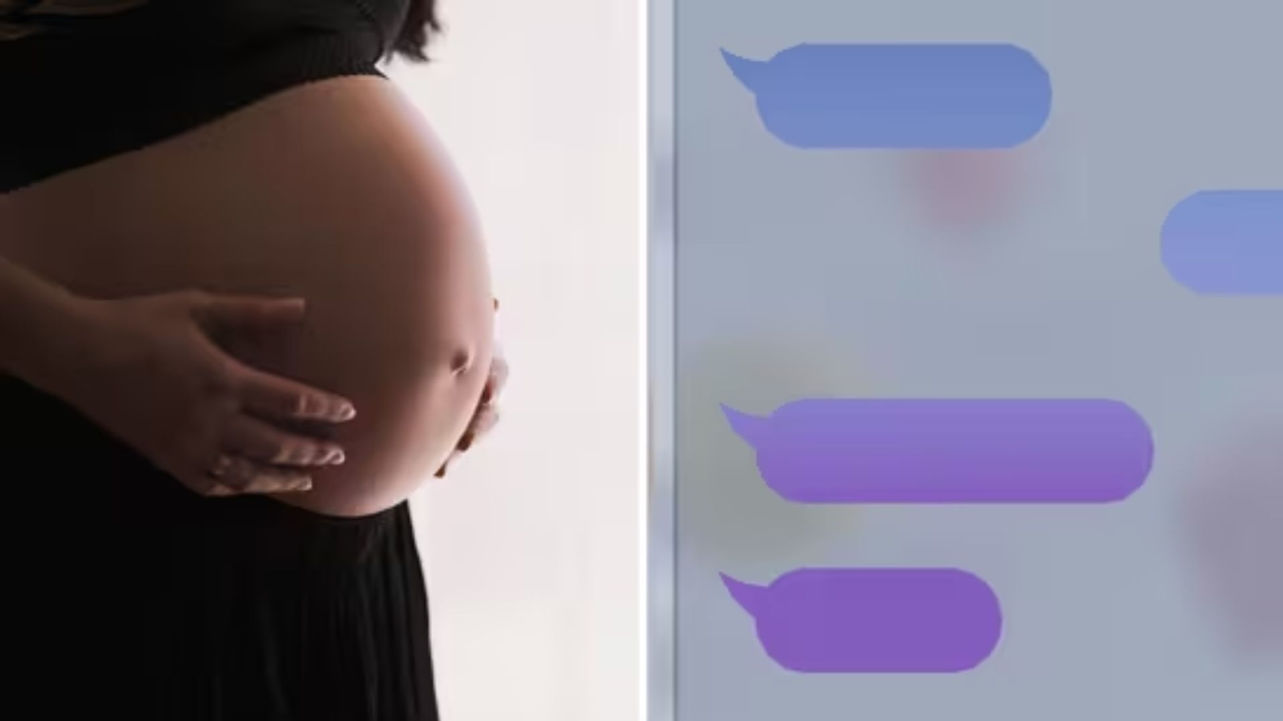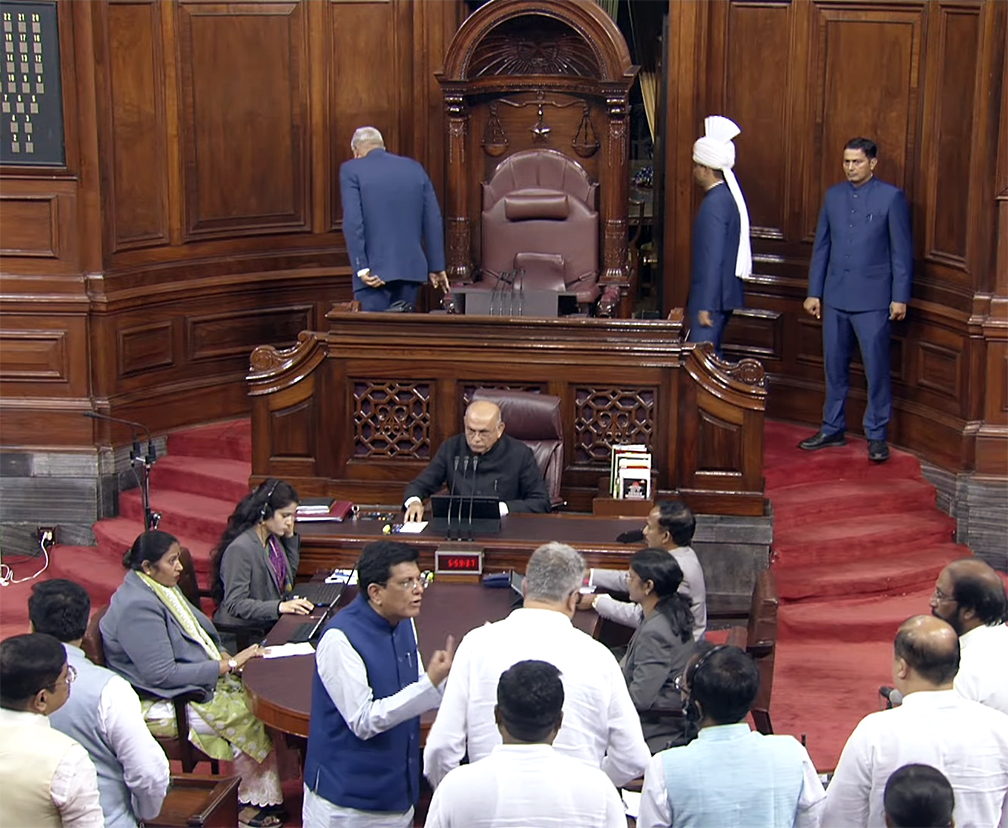
The Union Cabinet has approved the women’s reservation bill that ensures 33% of seats in the Lok Sabha and state legislative assemblies for women, sources said. However, the government has not yet made any announcement about it, as the usual briefing that follows the cabinet meeting was not held.
The meeting had raised interest in view of Prime Minister Narendra Modi’s comment earlier today that “historic decisions” will be taken in this special session. A few key meetings held earlier added to the expectations—Commerce and Industry Minister Piyush Goyal and Parliamentary Affairs Minister Pralhad Joshi met Home Minister Amit Shah and BJP chief J.P. Nadda. There was speculation that the cabinet may clear anything from reservation for women or Other Backward Classes, “One Nation One Election” and even a change of the country’s name.
There were hopes of clarity after the meet, but the suspense continued with the government skipping the customary briefing. Later in the evening, sources confirmed that the buzz about green-lighting the women’s reservation bill was spot on. The bill, drawn up in 2008, has been on freeze since it was passed by the Rajya Sabha in 2010.
It was never presented in the Lower House.
Though the BJP and the Congress have always supported the bill, there were hurdles in the form of opposition by other parties and demands for quota for backward classes within the women’s quota. Ahead of Parliament session, leaders from the Opposition had pushed for women’s reservation. So did the Ajit Pawar faction of the Nationalist Congress Party. The parties had made a strong push for it at the all-party meeting held on Sunday.
Earlier on Monday, Maharashtra Deputy Chief Minister Ajit Pawar had sought 33% reservation for women in both the Lok Sabha and Legislative Assemblies on the lines of local bodies. During his speech at the annual general meeting of the Pune District Central Cooperative Bank he stated, “The special session of Parliament commenced today, and during that session, we put forth a demand for a 33 percent reservation for women in the Lok Sabha and Legislative Assemblies, similar to the reservation already in place for women in local bodies. Our demand is rooted in the belief that women should have equal opportunities, not just to cast votes but also to participate actively in governance.”


